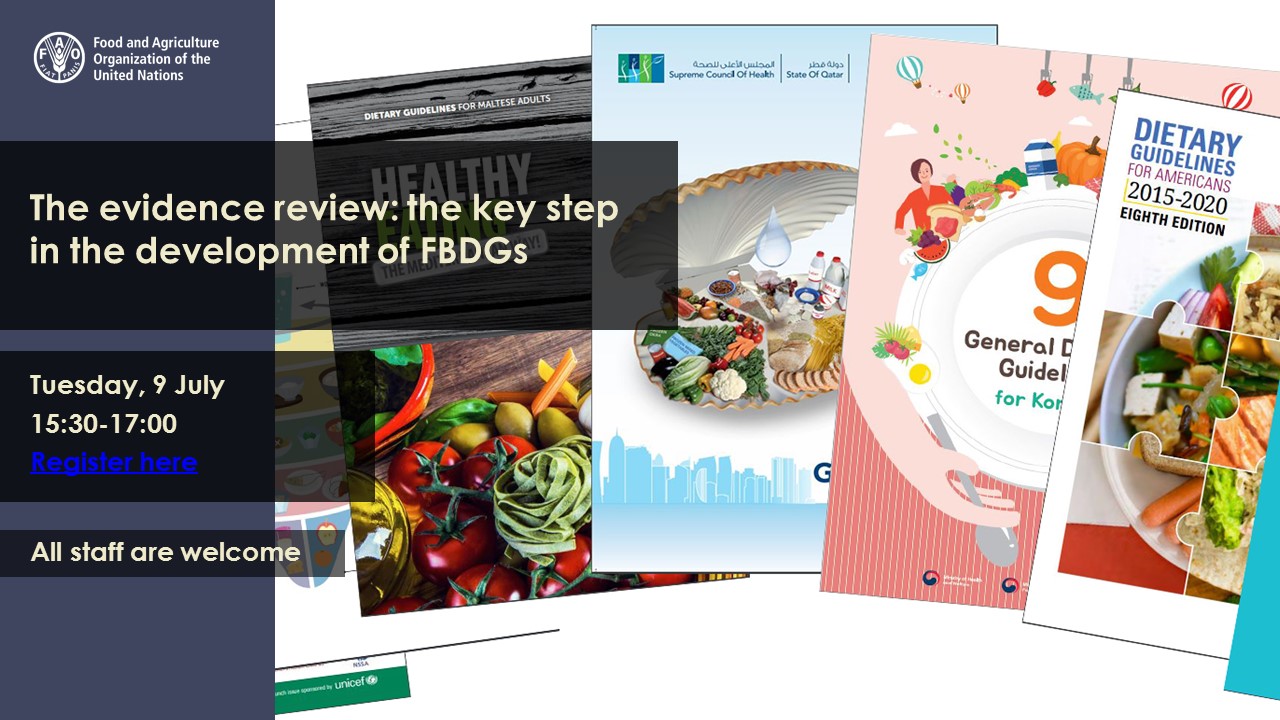The State of Food Security and Nutrition in the World 2019 is an important measure of global progress towards the Sustainable Development Goal of Zero Hunger. It gives an updated estimate of the number of hungry people in the world, including regional and national breakdowns, and the latest data on child stunting and wasting as well as on adult and child obesity. The report also offers analysis of the drivers of hunger and malnutrition, and this year includes a special focus on the impact of economic slowdowns and downturns. The State of Food Security and Nutrition in the World 2019 is presented by FAO with the International Fund for Agricultural Development (IFAD), the United Nations Children's Fund (UNICEF), the World Food Programme (WFP), and the World Health Organization (WHO).
Digital report | Full report | Flyer | In brief | E-Book MOBI/EPUB


